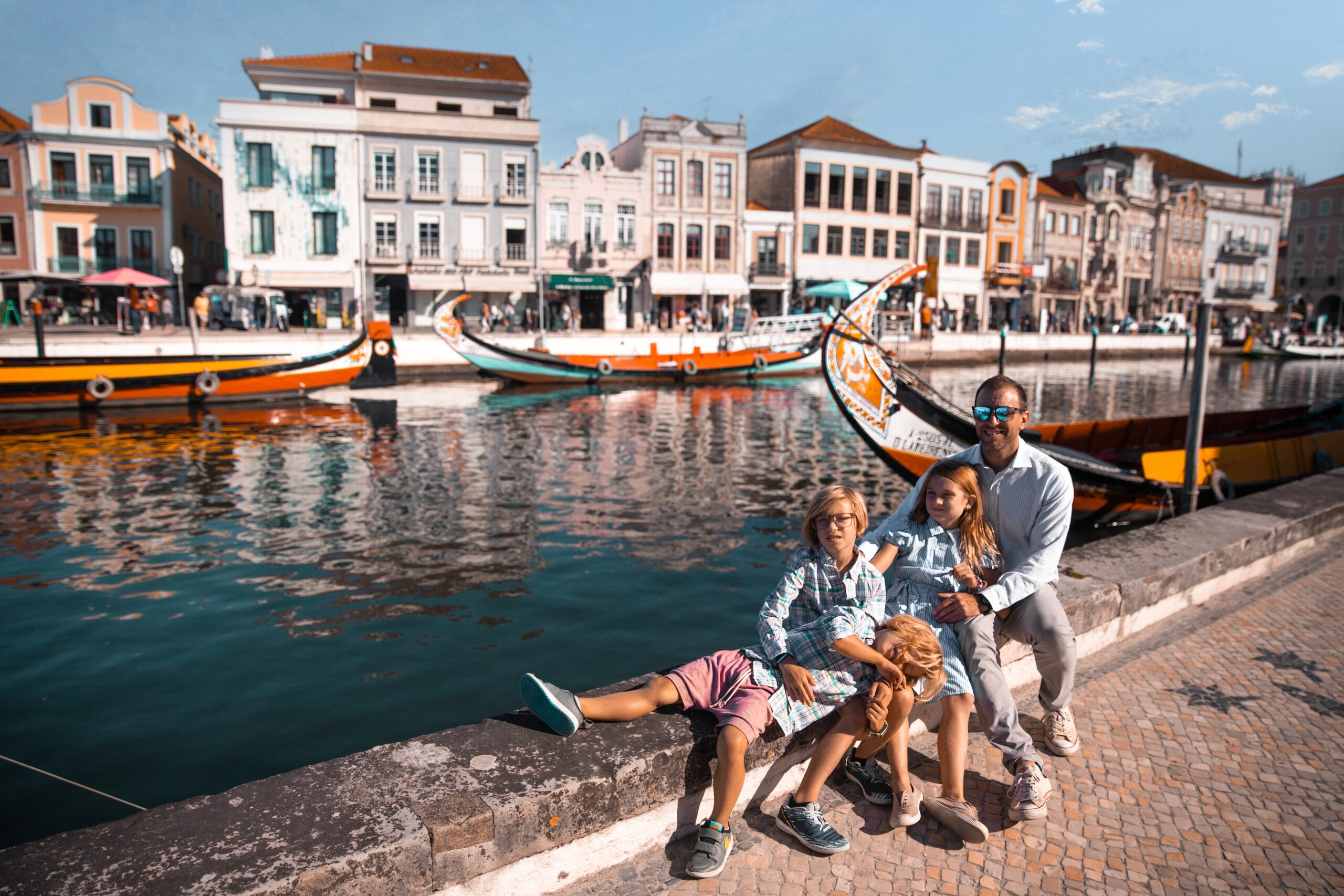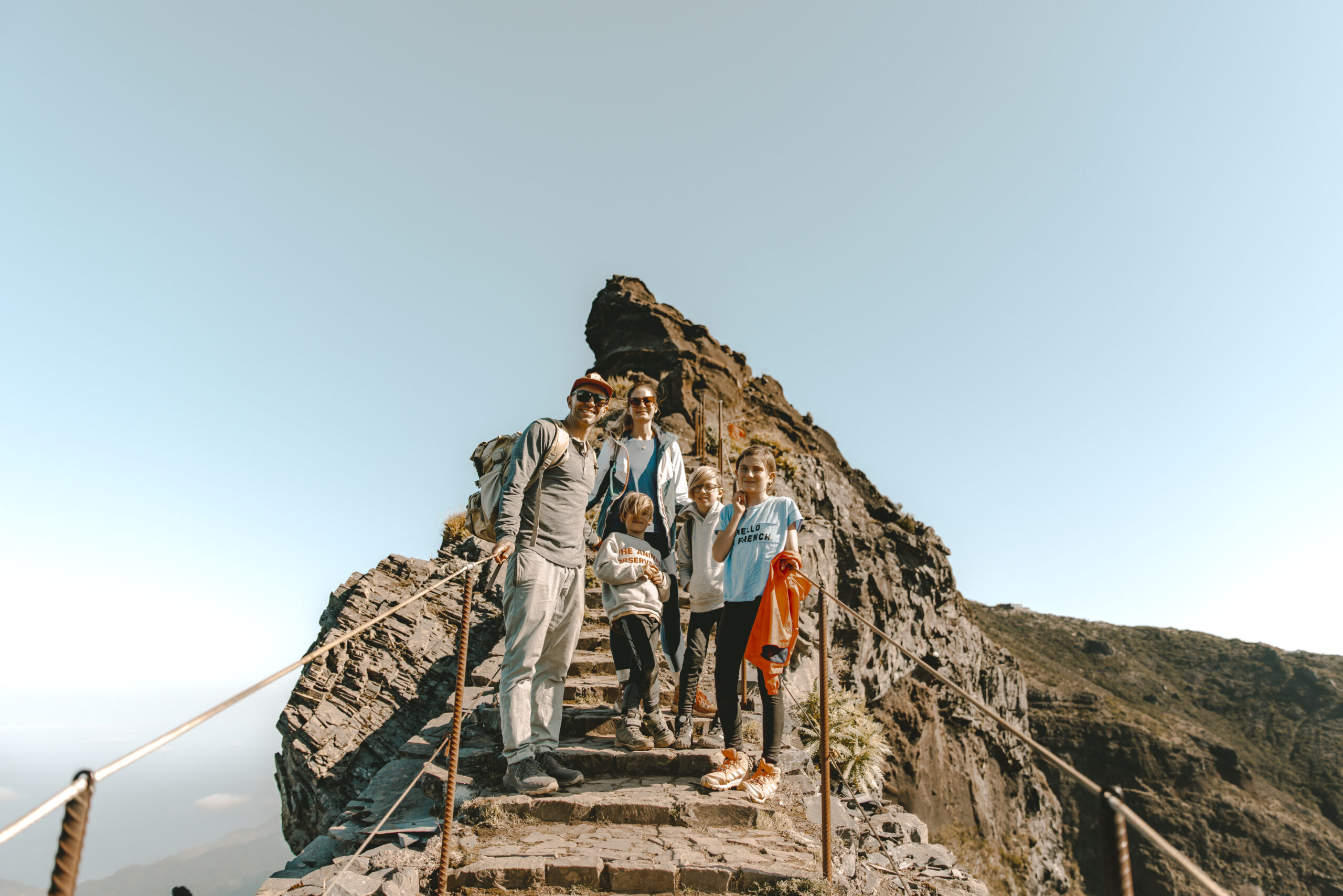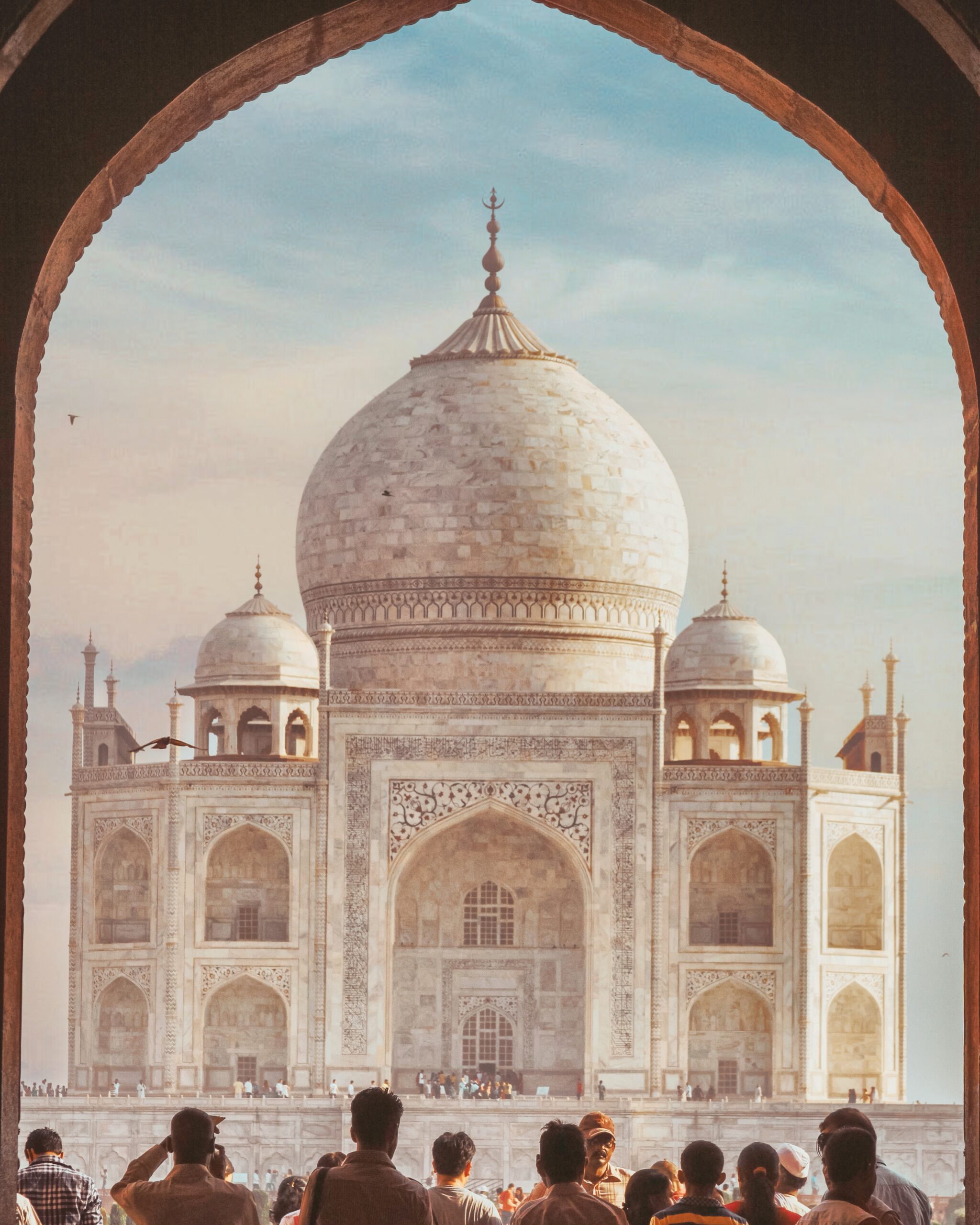Why Spain is a great place for kids
Choosing the city that's right for you
Choosing the visa that's right for you
More than just great weather
Why Spain provides a better quality of life

How we Plan

What we pack
Choosing Travel Insurance
Book Your Hotel
with Booking.com
Book Your Car
with RentalCars.com
Book Your Flight
with Skyscanner.com
Book Your Tour
with GetYourGuide.com

Our Camera Gear

How We Fly
Choosing Your Destination
Guide to...
India
India, a vibrant tapestry of colors, flavors, and traditions, enchants visitors with its majestic palaces, bustling bazaars, and iconic landmarks like the Taj Mahal, inviting them to experience the richness of its culture and the warmth of its people.
Map
Weather
Itineraries

new delhi
Top Five Restaurants in new delhi
Indian Accent is a fine dining restaurant that seamlessly blends traditional Indian flavors with contemporary techniques. Known for its innovative dishes and elegant ambiance, it offers a unique culinary experience. The tasting menu is highly recommended for those looking to explore a variety of flavors.
Located in the ITC Maurya, Bukhara is renowned for its rustic charm and robust North-West Frontier cuisine. The open kitchen allows diners to watch chefs prepare succulent kebabs and breads in a traditional clay oven. The Dal Bukhara is a must-try, slow-cooked overnight for a rich, creamy taste.
Established in 1913, Karim’s is a legendary eatery famous for its Mughlai cuisine. Nestled in the bustling lanes of Old Delhi, it offers dishes like Mutton Korma and Kebabs that have stood the test of time. The historical ambiance adds to the charm of dining here.
Situated in the Taj Mahal Hotel, Varq offers an exquisite blend of modern Indian cuisine with a touch of luxury. The artistic presentation and use of high-quality ingredients make it a favorite among food connoisseurs. Signature dishes like the Varqui Crab and Duck Galouti are highly acclaimed.
Dum Pukht, also in the ITC Maurya, is celebrated for its slow-cooked Awadhi cuisine. The regal décor and refined service enhance the dining experience, making it ideal for special occasions. The Dum Pukht Biryani and Kakori Kebab are standout dishes.
Top Five hotels in new delhi
Hotel Tej Palace International offers a blend of luxury and comfort, located conveniently close to the airport. The spacious rooms are well-appointed with modern amenities, and the hotel features multiple dining options and a full-service spa. It’s a perfect choice for both business and leisure travelers.
Hotel Worth is known for its elegant design and exceptional service, providing a tranquil retreat in the bustling city. Guests can enjoy a range of facilities including a fitness center, an on-site restaurant, and conference rooms. Its central location makes it ideal for exploring nearby attractions.
Hotel Jai Balaji offers a cozy and affordable stay with easy access to major transport hubs. The hotel features comfortable rooms with essential amenities, and a friendly staff ensures a pleasant experience. It’s a great option for budget-conscious travelers looking for convenience and comfort.
Situated near the airport, Hotel Aero Star is perfect for travelers in transit or on short stays. The hotel offers clean and modern rooms, complimentary breakfast, and airport shuttle services. Its strategic location and efficient services make it a popular choice among frequent flyers.
Hotel Ambience Palace combines luxury with a homely feel, offering elegantly designed rooms and top-notch facilities. Guests can enjoy amenities like a rooftop terrace, a fine dining restaurant, and a well-equipped fitness center. Its serene atmosphere provides a relaxing escape from the city’s hustle and bustle.
udaipur
Top Five Restaurants in udaipur
Located on the banks of Lake Pichola, Ambrai offers stunning views of the City Palace, Jag Mandir, and Sajjangarh Fort. The restaurant is renowned for its delicious Rajasthani cuisine and charming ambiance, making it a favorite among both locals and tourists.
Perched on a rooftop overlooking Lake Pichola, Upré by 1559 AD combines traditional Indian flavors with a contemporary twist. The restaurant’s romantic setting and exquisite menu make it a perfect spot for a memorable dining experience in Udaipur.
Jheel’s Ginger Coffee Bar & Bakery is a cozy lakeside café known for its serene atmosphere and delectable pastries. With a menu that includes a mix of Indian and international dishes, it’s an ideal place for a relaxed meal with a view of Lake Pichola.
Located within the luxurious Taj Lake Palace, Neel Kamal offers an opulent dining experience with a focus on traditional Rajasthani and North Indian cuisine. The restaurant’s regal decor and impeccable service make it a standout destination for fine dining in Udaipur.
Millets of Mewar is a health-conscious restaurant that serves delicious organic and gluten-free dishes made from millets and other wholesome ingredients. Its innovative menu and commitment to sustainability have earned it a loyal following among health enthusiasts.
Top Five hotels in udaipur
FabHotel Prime Rudura Palace offers a blend of modern amenities and traditional hospitality in the heart of Udaipur. Guests appreciate the comfortable rooms, excellent service, and convenient location near popular attractions. It’s an ideal choice for travelers seeking value and convenience.
Uddhav Vilas is a family-friendly hotel that provides a warm and welcoming atmosphere for its guests. The hotel features spacious rooms, a rooftop restaurant, and easy access to Udaipur’s main attractions, making it a popular choice for family vacations.
Hotel Bawa Udaipur combines modern comforts with traditional Rajasthani decor to offer a unique and pleasant stay. Guests enjoy its well-appointed rooms, friendly staff, and proximity to Udaipur’s cultural landmarks. It’s a great option for those looking to explore the city.
Kontra Haveli offers an intimate and luxurious boutique experience with stunning views of Lake Pichola. The hotel’s beautifully decorated rooms, personalized service, and serene setting make it a perfect retreat for travelers seeking a romantic and tranquil stay.
FabHotel Prime Shree Dev Prime provides a comfortable and modern lodging option with all essential amenities. Known for its clean rooms, courteous staff, and strategic location, it caters well to both business and leisure travelers.
jaipur
Top Five Restaurants in jaipur
Located in the luxurious Rambagh Palace, Suvarna Mahal offers an opulent dining experience with royal Indian cuisine. The restaurant’s grand interiors and exquisite menu make it a perfect place to indulge in traditional flavors amidst a regal ambiance.
Bar Palladio combines Italian cuisine with a vibrant, eclectic décor inspired by Jaipur’s royal heritage. This restaurant is a visual delight, offering a cozy yet elegant setting that makes it a popular spot for both locals and tourists.
Situated within the Amer Fort, 1135 AD provides a unique dining experience with a blend of Mughal and Rajasthani flavors. The ambiance reflects the rich history and architecture of the fort, offering a royal feast in a historical setting.
Known for its authentic Rajasthani sweets and snacks, LMB is a must-visit for anyone looking to savor local delicacies. This iconic eatery in Jaipur’s bustling Johari Bazaar has been delighting customers with its traditional recipes for decades.
Chokhi Dhani is a vibrant ethnic village resort that offers an immersive experience of Rajasthani culture and cuisine. The restaurant here serves a variety of traditional dishes in a rustic and lively atmosphere, complete with cultural performances and activities.
Top Five Restaurants in jaipur
Hotel Sahibs Corporate Inn offers a comfortable and family-friendly stay in Jaipur. With spacious rooms, modern amenities, and a warm ambiance, it is an ideal choice for families and business travelers alike. The hotel is conveniently located, providing easy access to the city’s major attractions.
Hotel Vinnie is a budget-friendly option that combines comfort with affordability. Its central location makes it a great base for exploring Jaipur’s cultural and historical landmarks. The hotel provides clean, well-appointed rooms and courteous service, ensuring a pleasant stay for guests.
Hotel Rameshwaram is known for its welcoming atmosphere and traditional hospitality. The hotel features well-maintained rooms and offers essential amenities for a comfortable stay. Guests appreciate its strategic location, which provides easy access to Jaipur’s key attractions and transport hubs.
GMI Jaipur offers a blend of contemporary style and traditional charm. The hotel provides a range of modern amenities and services to ensure a comfortable and convenient stay. Its prime location makes it an excellent choice for both business and leisure travelers.
AK Vilas offers a luxurious retreat with its elegant interiors and top-notch services. The hotel is designed to provide a serene and relaxing environment for its guests. Located close to Jaipur’s main attractions, it ensures an enriching experience for those visiting the city.
FAQ's
What are the main things to do with kids in India?
India offers a wide range of activities and experiences for kids. Here are some of the main things to do with children in India:
1. Visit theme parks and water parks: India has several themed amusement parks like Imagica (Mumbai), Wonderla (Bangalore), and Essel World (Mumbai).
2. Explore wildlife sanctuaries and national parks: Kids can enjoy spotting animals in their natural habitats at places like Ranthambore National Park, Bandhavgarh National Park, and Jim Corbett National Park.
3. Attend cultural shows and puppet theaters: Introduce kids to traditional Indian art forms like puppet shows, classical dance performances, and music concerts.
4. Participate in festivals: India is known for its vibrant festivals like Holi, Diwali, and Durga Puja, which can be exciting and educational for children.
5. Visit historical monuments and museums: India’s rich history can be explored through iconic landmarks like the Taj Mahal, Red Fort, and Qutub Minar, as well as museums showcasing the country’s heritage.
6. Enjoy beach activities: India’s long coastline offers plenty of opportunities for beach fun, such as building sandcastles, swimming, and water sports.
7. Take a train ride: India’s extensive railway network can be an adventure in itself for kids, especially scenic routes like the Kangra Valley Railway or the Darjeeling Himalayan Railway.
8. Engage in adventure sports: Older kids can enjoy activities like hiking, camping, river rafting, and zip-lining in various locations across India.
9. Visit interactive science centers: Places like the Nehru Planetarium (New Delhi) and the Science City (Kolkata) offer hands-on exhibits and activities to make learning fun.
10. Explore local markets and bazaars: Introduce children to India’s vibrant street life, colorful markets, and diverse food scene for a multisensory experience.
What is India famous for?
India is a vast and diverse country, famous for many things. Some of the most well-known aspects of India include:
1. Diversity: India is known for its incredible cultural, linguistic, and religious diversity.
2. History and architecture: India has a rich history dating back thousands of years, reflected in iconic structures like the Taj Mahal, Qutub Minar, and the Ajanta and Ellora caves.
3. Spirituality: India is the birthplace of major world religions like Hinduism, Buddhism, Jainism, and Sikhism.
4. Food: Indian cuisine is known for its diverse flavors, spices, and regional specialties like biryani, butter chicken, dosa, and chai.
5. Bollywood: The Hindi film industry based in Mumbai is one of the largest in the world.
6. Colors and festivals: India is famous for its vibrant colors and lively festivals like Holi, Diwali, and Durga Puja.
7. Textiles and handicrafts: India is known for its beautiful fabrics, intricate embroidery, and handicrafts like pashmina shawls, silk sarees, and hand-woven carpets.
8. Natural beauty: India boasts diverse landscapes, from the Himalayan mountains to the backwaters of Kerala and the deserts of Rajasthan.
9. Information Technology: India has made significant contributions to the IT field and is one of the global hubs for software development.
10. Ayurveda and Yoga: India’s traditional medicinal system and yoga have gained international recognition for their holistic approach to health and well-being.
These are just a few examples, as India’s rich culture, history, and traditions offer many more aspects that make the country unique and famous worldwide.
What power plug type does India use?
India primarily uses two types of power plugs and sockets:
1. Type C: Also known as the Europlug, this two-pin plug is round and commonly used in Europe, South America, and Asia. The pins are 4 to 4.8 mm in diameter, 19 mm in length, and spaced 19 mm apart.
2. Type D: This is a unique three-pin plug used almost exclusively in India, Nepal, Namibia, and Sri Lanka. It has three round pins in a triangular pattern. The pins are 4 to 4.8 mm in diameter, 19 mm in length, and spaced 19 mm apart.
Some key points about power plugs in India:
– The standard voltage in India is 230 V, and the standard frequency is 50 Hz.
– Many Indian sockets accept both Type C and Type D plugs.
– Some older buildings might still have Type M sockets, which are compatible with Type D plugs.
– Travelers from countries using other plug types, such as the US, UK, or Australia, will need a power adapter to use their electronic devices in India.
It’s always a good idea to check the specific requirements of the places you’ll be visiting and to carry a universal adapter if you’re unsure about the socket types available.
Is India safe?
India is generally a safe country for tourists, but like any other destination, it has its share of safety concerns. While millions of visitors travel to India each year without incident, it’s important to be aware of potential risks and take necessary precautions.
Some safety considerations include:
1. Petty crime: Pickpocketing and bag snatching can occur in crowded areas, so it’s important to stay vigilant and keep valuables secure.
2. Scams: Some tourists may encounter scams, such as overcharging by taxi drivers or vendors selling counterfeit goods.
3. Traffic: Road traffic can be chaotic in India, with dense congestion and occasional disregard for traffic rules. It’s crucial to be cautious when crossing streets or driving.
4. Health concerns: Travelers should be aware of potential health risks like food and water-borne illnesses and take precautions such as drinking bottled water and eating at hygienic restaurants.
5. Women’s safety: Women travelers should exercise caution, particularly when traveling alone, and be aware of cultural norms regarding dress and behavior.
6. Regional conflicts: Some regions of India, particularly near the borders with Pakistan and China, may have higher security risks due to political tensions.
To ensure a safe trip, travelers should:
– Research their destinations thoroughly and stay informed about current events
– Take basic safety precautions, such as carrying a copy of their passport and avoiding walking alone at night
– Respect local customs and dress codes
– Be cautious when accepting food or drinks from strangers
– Consider purchasing travel insurance
Overall, while India has some safety challenges, most trips are trouble-free with proper planning and precautions. It’s always a good idea to consult official travel advisories before your trip and follow local authorities’ guidance during your stay.
What documents are needed to travel to India?
The documents required to travel to India depend on your nationality, the purpose of your visit, and the duration of your stay. However, here are the general documents most travelers need:
1. Passport: A valid passport with at least six months of validity remaining from the date of arrival in India and with at least two blank pages for stamping.
2. Visa: Most foreign nationals require a visa to enter India. There are various types of visas, such as tourist, business, and student visas. You can apply for an e-Visa online or a regular visa at an Indian embassy or consulate in your country.
3. Proof of onward/return travel: Immigration officials may ask for proof of onward or return travel, such as a flight ticket or itinerary.
4. Proof of sufficient funds: You may be asked to provide proof of sufficient funds to cover your expenses during your stay in India, such as bank statements or traveler’s cheques.
5. Accommodation bookings: It’s advisable to have at least your first few nights of accommodation booked and to carry a copy of the booking confirmation.
6. Health documents: Some regions may require proof of vaccination (e.g., for yellow fever) or other health certificates.
7. Travel insurance: While not mandatory, it’s highly recommended to have comprehensive travel insurance covering medical emergencies, trip cancellations, and other eventualities.
8. Additional documents: Depending on the purpose of your visit, you may need additional documents such as a letter of invitation for business trips, a letter of acceptance from an Indian institution for student visas, or proof of relationship for family visits.
It’s crucial to check the specific requirements for your nationality and the purpose of your visit on the Indian government’s official visa website or with the nearest Indian embassy or consulate well in advance of your planned trip.
What should you look for when choosing the best India travel packages?
When selecting the best India travel package for your needs, consider the following factors:
1. Itinerary: Look for a package that covers the destinations and activities you’re interested in. Make sure the pace of the tour suits your preferences, whether you want a leisurely or action-packed trip.
2. Reputation of the tour operator: Research the tour company’s reputation through reviews, testimonials, and industry accreditations. Check if they are registered with the Ministry of Tourism, Government of India.
3. Accommodation: Check the quality and location of the hotels included in the package. Look for reviews and ratings of the properties to ensure they meet your expectations.
4. Transportation: Consider the mode of transportation included in the package, such as flights, trains, or private vehicles. Check if the transportation is comfortable, reliable, and suitable for your needs.
5. Inclusions and exclusions: Carefully review what is included and excluded in the package price, such as meals, entrance fees, guided tours, and travel insurance. This will help you understand the total cost of your trip and avoid surprises.
6. Customization options: Look for a package that allows some flexibility and customization based on your preferences, such as the ability to add or remove activities or upgrade accommodations.
7. Group size: If you’re joining a group tour, check the maximum group size to ensure you’re comfortable with the level of intimacy and personal attention you’ll receive.
8. Price and value: Compare prices across different tour operators, but don’t base your decision solely on cost. Look for a package that offers the best value for your money, balancing quality, inclusions, and experiences.
9. Sustainability and responsible tourism: If eco-friendliness and social responsibility are important to you, look for tour operators that prioritize sustainable practices and support local communities.
10. Reviews and testimonials: Read reviews from previous travelers to get an idea of their experiences with the tour operator and the specific package you’re considering.
Remember, the best India travel package for you will depend on your personal preferences, travel style, and budget. Don’t hesitate to ask questions and seek clarifications from the tour operator before making your decision.
What are the current India travel restrictions and how do they affect your trip plans?
As of May 2024, the COVID-19 pandemic has largely subsided, and India has lifted most of its travel restrictions. However, there are still a few precautions and guidelines in place that travelers should be aware of:
1. Vaccination requirements: While not mandatory, it is highly recommended that travelers are fully vaccinated against COVID-19 before visiting India. Some states or establishments may require proof of vaccination for entry.
2. COVID-19 testing: Travelers may be subject to random COVID-19 testing upon arrival in India. If tested positive, they may be required to undergo quarantine at their own expense.
3. Health screening: Travelers may be subject to health screening measures such as temperature checks upon arrival in India.
4. Masks and social distancing: Wearing masks in public places and maintaining social distancing may still be required or encouraged in some parts of India.
5. Local regulations: Different states and regions within India may have their own specific regulations and guidelines related to COVID-19, so it’s important to stay informed about the rules in the areas you plan to visit.
6. Travel insurance: It’s highly recommended to purchase comprehensive travel insurance that covers COVID-19-related expenses, such as medical treatment and trip cancellations.
7. Flexible booking policies: Many airlines, hotels, and tour operators now offer flexible booking policies that allow for cancellations or rescheduling due to COVID-19-related issues. Consider these options when making your travel arrangements.
It’s essential to keep in mind that the situation can change rapidly, and new restrictions may be introduced with little notice. Before finalizing your trip plans, check the latest updates from official sources such as the Indian Ministry of Health and Family Welfare and the Indian Ministry of Tourism, as well as your own country’s travel advisories. Be prepared for some level of uncertainty and the possibility of last-minute changes to your plans.
What should I do before travelling to India?
Before traveling to India, it’s important to prepare thoroughly to ensure a smooth and enjoyable trip. Here are some key things to do:
1. Check visa requirements and apply for a visa: Determine the type of visa you need based on the purpose and duration of your visit, and apply well in advance through the Indian embassy, consulate, or online e-Visa system.
2. Get necessary vaccinations: Consult your doctor or a travel clinic about recommended vaccinations for India, such as hepatitis A, hepatitis B, typhoid, and COVID-19. Some vaccinations may need to be administered several weeks before your trip.
3. Book accommodation and transportation: Make reservations for your accommodation and transportation, especially during peak travel seasons. Consider booking through reputable travel agencies or booking platforms.
4. Plan your itinerary: Research the destinations you want to visit and create a rough itinerary. Factor in travel times, opening hours of attractions, and any necessary bookings or permits.
5. Arrange travel insurance: Purchase comprehensive travel insurance that covers medical emergencies, trip cancellations, lost or stolen belongings, and COVID-19-related expenses.
6. Inform your bank and mobile carrier: Notify your bank and credit card company about your travel plans to avoid your cards being blocked due to suspicious activity. Check with your mobile carrier about international roaming plans or consider buying a local SIM card upon arrival.
7. Pack appropriately: Pack clothing suitable for the weather and cultural norms of the regions you’ll be visiting. Don’t forget essential items like medications, a first-aid kit, and a universal power adapter.
8. Learn about local customs and etiquette: Familiarize yourself with basic cultural do’s and don’ts to avoid unintentionally causing offense. Learn a few key phrases in Hindi or the local language of your destinations.
9. Make copies of important documents: Make copies of your passport, visa, travel insurance policy, and other important documents. Keep one set with you and leave another with a trusted contact back home.
10. Stay informed: Keep an eye on the latest travel advisories, weather forecasts, and local news for your destinations. Be aware of any potential disruptions or safety concerns that may affect your trip.
By taking these steps, you’ll be well-prepared for your journey to India and better equipped to handle any challenges that may arise during your trip.

